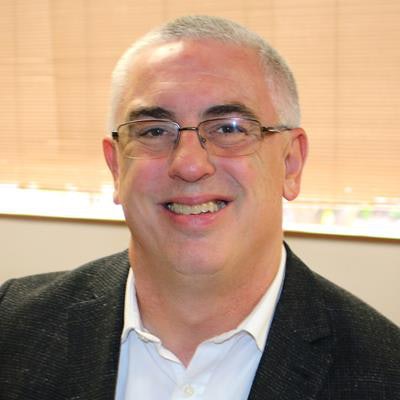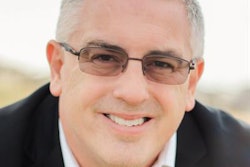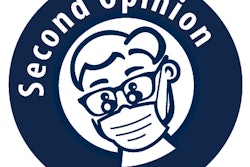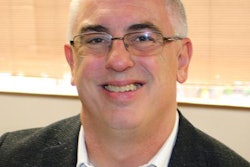
The South African dental community finds itself at a crossroads, anxious to install new technology into practices around the vast country, yet knowing that many hurdles still need to be overcome.
While in South Africa to speak at the 2018 Dental and Oral Health Congress and Exhibition of the South African Dental Association, I learned quickly that there are vast differences between the dental practices of South Africa and the U.S. Much of that has to do with the differences in economic growth and current strength. At the time of this writing, 100 South African rands is worth just under $7 U.S.
 Kevin Henry.
Kevin Henry.Computers and practice management software are the exception rather than the norm in this country of just nearly 57 million people. Paper appointment books are often seen on the front desk, and Google calendar is sometimes used to send invites to patients as their appointment confirmations and reminders.
The low value of the rand is currently a major barrier for dentists and their businesses, according to Marc Perotti, the managing director of Wright Millners, one of the leading dental suppliers in South Africa.
"If you take a dentist living in South Africa, for the last 10 years, he has had a 4% to 5% increase on his fee codes from the funders," Perotti said. "Local inflation is running at a minimum of 10% right now. Then you take the exchange rate which, over the last five years, has devalued by 30%. You start to factor those things in and you'll find that they're working twice as hard for less money. That needs to change."
The "funders" are the South African equivalent of insurance companies in the U.S. While U.S. dentists may feel insurance companies have too much influence, their colleagues in South Africa are much more under the control of these groups that help fund South Africa's dental care. And, rather than getting better, it's getting far tougher for dentists to make their practices profitable.
"Over the years, the funders have contributed less and less to dentistry," said Perotti, noting that reimbursement has dropped in recent years from 15% to 2%. "Dentists have been in a position where they have to rely on the medical aid funders, and they now have to rely on their own business opportunities."
This means dentists are looking for new opportunities in their practices.
"We have to find unique opportunities to add value for the dentist. He has to find new ways to run his business," Perotti said. "It's the transition from traditional methods into the new changing environment that is key for today's dental practice."
Dr. Pano Patrinos has practiced 34 years in Bloemfontein, a city that is the judicial center of the country and a 4.5-hour drive from Johannesburg. Like many of his colleagues, the South African economy is having a huge impact on his business.
"All of our materials are imported from the U.S. or Europe," Dr. Patrinos said. "Because the rand becomes weaker and weaker, the cost of our materials is going up. The cost of our fillings go up throughout the year. This is one of our problems."
This makes it more difficult to just maintain practice levels.
"It [the economy] puts much more stress on all of us. We have to work much harder in order to maintain the same standard of living," Dr. Patrinos said.
Taking a loss
The country's current economic environment means taking a loss on some procedures, Dr. Patrinos noted. It may sound so strange, but this has become a part of his way of doing business in the center of South Africa.
“Practices often do their ordering through WhatsApp.”
"We have to think of innovative, low-cost ways to help our patients," Dr. Patrinos said. "We must find a way to help them because they can't afford more expensive options. For example, I have a patient that needs a three-unit porcelain bridge. We charge them for a two-unit bridge. They need six fillings, but I charge them for four. Everyone is happy. It helps them, and it keeps us from sitting around and doing nothing."
Another interesting facet of doing business in South Africa is that practices often do their ordering through WhatsApp, a communication system that is extremely popular in many countries. Both dentists and representatives of Wright Millners told me that office personnel will often take a picture of a product, along with the quantity of that product they need, and send it to their sales rep through WhatsApp. That's the ordering system.
While there may be challenges, South Africa is quickly adapting to technology where it can, Perotti said. That includes a recent boom in digital radiography and a growing excitement about how the digital workflow will change practices and the dental industry as a whole.
"In 1992, we introduced digital imaging," Perotti explained. "By about 2000, about 60% had converted. Today, 90% of the market is digital in terms of digital intraoral scanners. There has been a shift from traditional purchasing or emphasis such as chairs, units and lights. Now it's cone beam, digital impression scanners and that's linked to the digital milling, implants and even endodontics. The digital workflow will change the life of the dentist moving forward."



















